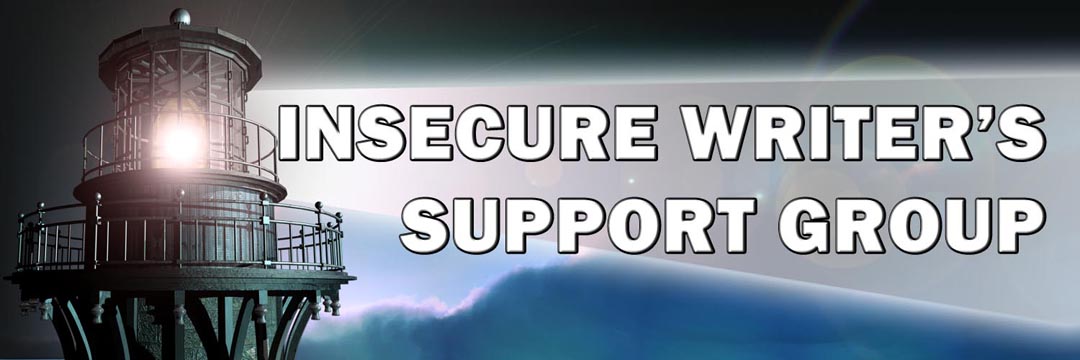 |
| Bryan Cohen's Many Hats |
Bryan: Thanks for having me!
You're the copywriting guru, so what’s your definition of copywriting? Why should authors know the techniques of copywriting?
Bryan: Copywriting is the act of writing all the words that go outside of your book. Book descriptions, emails to readers, and advertisements all fall under the copywriting umbrella. Consumers choose to buy items due to a combination of factors including price, social proof, and copy. If that’s true, then that means improving your copy can improve the chances that you’ll sell any given item.
If authors know how copywriting works, then they can improve their chances of selling more books. It’s as simple as that.
Well, everyone's interested in better sales, so this is great information. How is copywriting different from writing fiction or nonfiction?
Bryan: Copywriting is persuasive. You’re trying to get potential readers to take an action, whether that’s buying your book or joining your email list. Copywriting also requires a different kind of editing. You aren’t just writing one rough draft and then editing from those first words you blurted out. You need to give yourself multiple versions to work with to ensure you have the most powerful copy possible. It’s different from writing prose. It’s almost more like poetry.
It looks as if copywriting takes some practice. I'm always working on writing a good hook. For those who are new to this business, can you tell us what a hook is in the book description and what should it do?
Bryan: The hook is the first line in your description, which is usually separated from the rest of your copy by a paragraph break. The hook (also known as a tagline, log line, headline, etc.) needs to concisely explain why this book of yours is a must-buy for the readers of that genre. It’s the highest possible top-down view of your book in a short, sweet package that tells romance, thriller, sci-fi, or other readers that they’ll love your story. It tells nonfiction readers what problem your book will solve.
It’s a line that gives you a chance to close the sale in 20 words or less.
I can see why that hook deserves a lot of attention from us writers. Now can you tell us what three basic strategies a new author needs to help them sell their books?
Bryan: Your copy (from your book description to your emails) needs to be compelling, concise, and easily understood.
Your funnel (your email list) needs to be set up properly to turn strangers into fans for life before bringing in more strangers.
Your network (who you know and how well you know them) must continue to grow over time to bring you more potential readers in the long run.
Those are excellent strategies, Bryan. Thanks. I know you're a man who does a lot of different things. Tell us about some of the hats you wear.
Bryan: I’m a new dad! That’s pretty exciting. I do tons of stuff, from podcasting and coaching authors in book marketing, to writing comedy and running a weekend soccer team. You’ve heard of a know-it-all? I’m a do-it-all.
What’s 2nd most important (after being a mindful husband and father) is helping the author community to grow, improve, and sell more books.
You are a "do-it-all!!!!" And a huge congrats on the new baby.
And a huge congrats on your book series. You didn't mention it, but Ted Saves the World is ready for readers.
 |
| Goodreads |
And here's his hook: Ted Finley was your typical, wise-cracking teenager… …until an otherworldly force gave him abilities beyond his wildest dreams.
Thanks so much for the great information. And stop by his site(s) to get much more. You can find out more about Bryan and his book marketing training at SELLING FOR AUTHORS.





